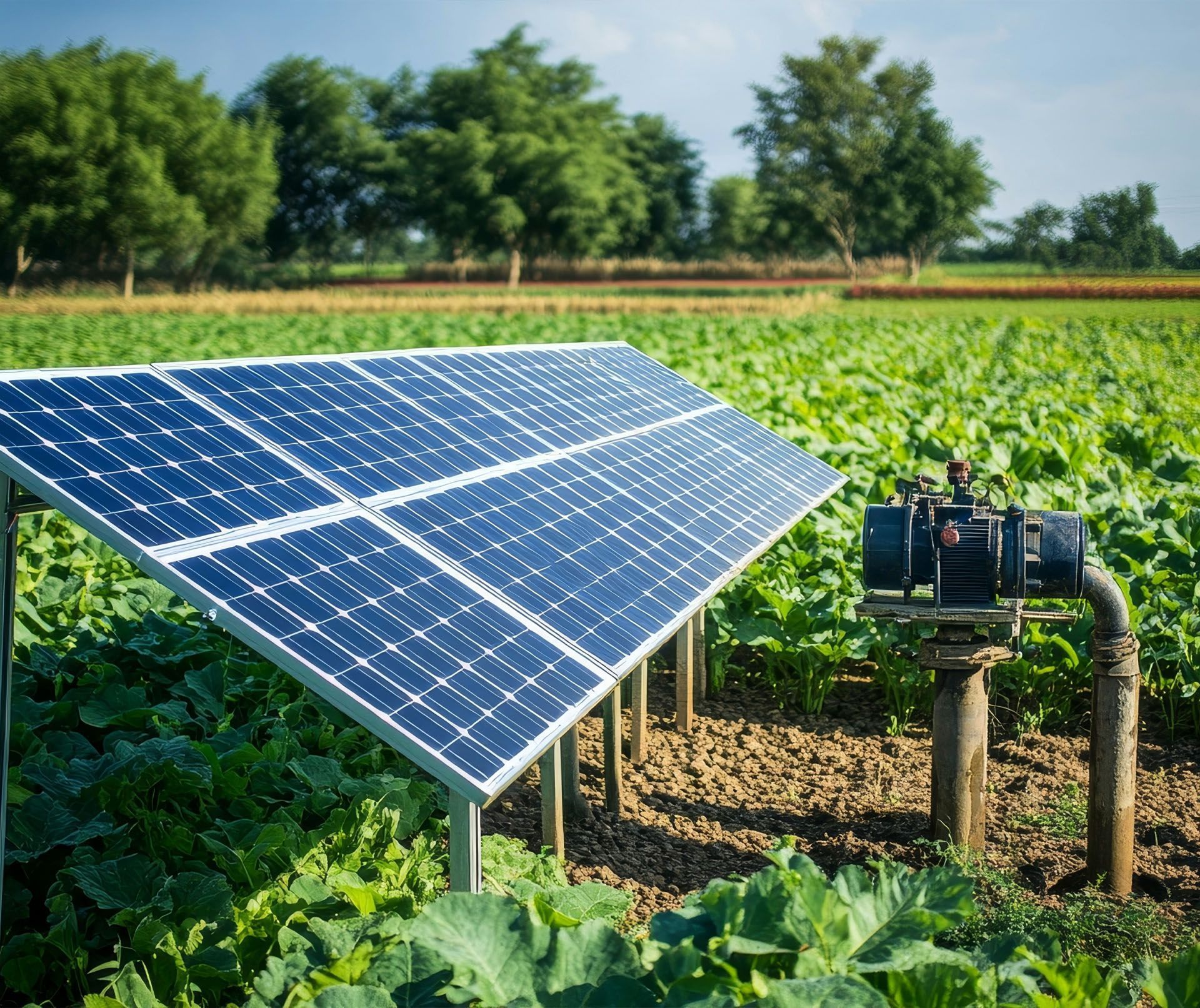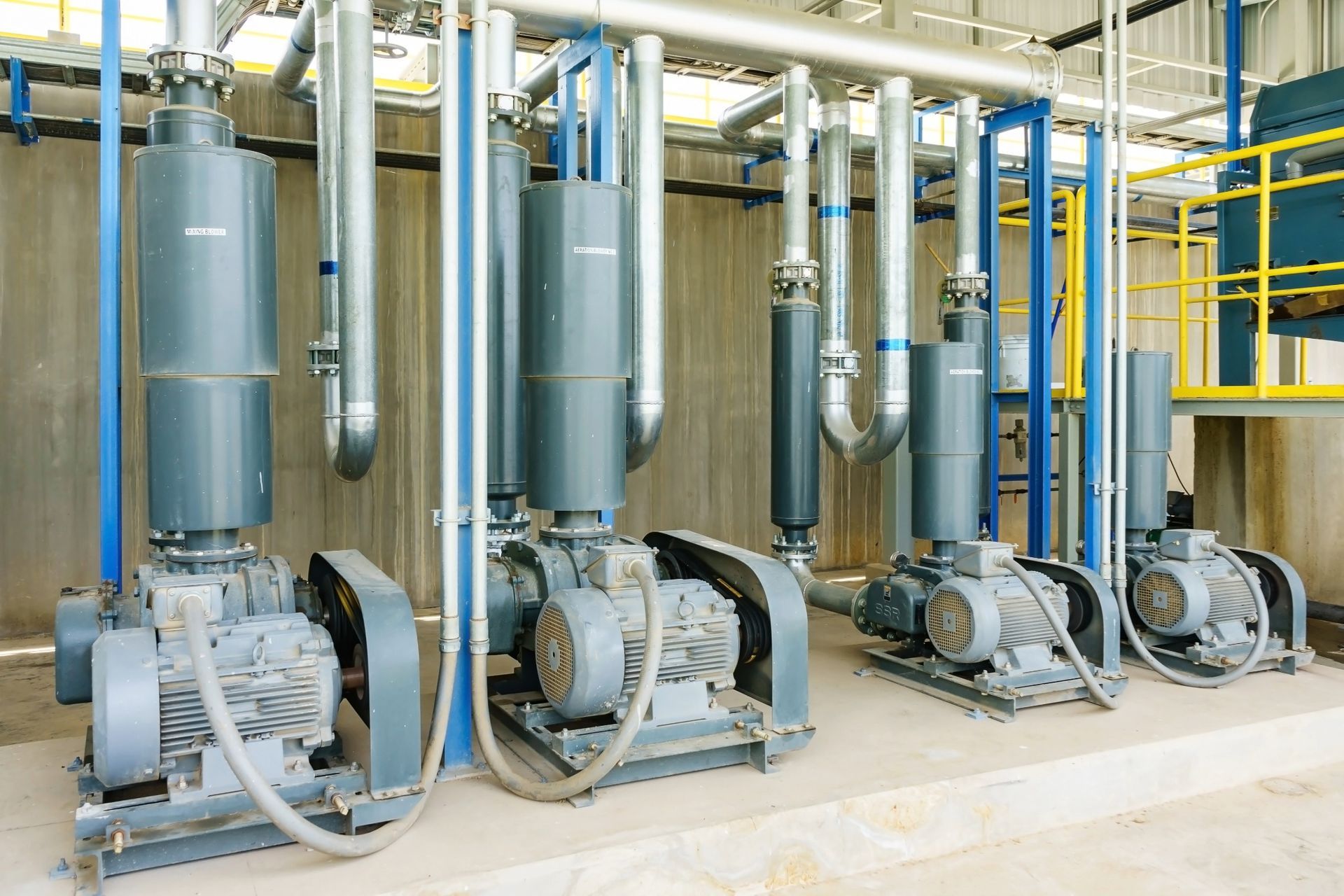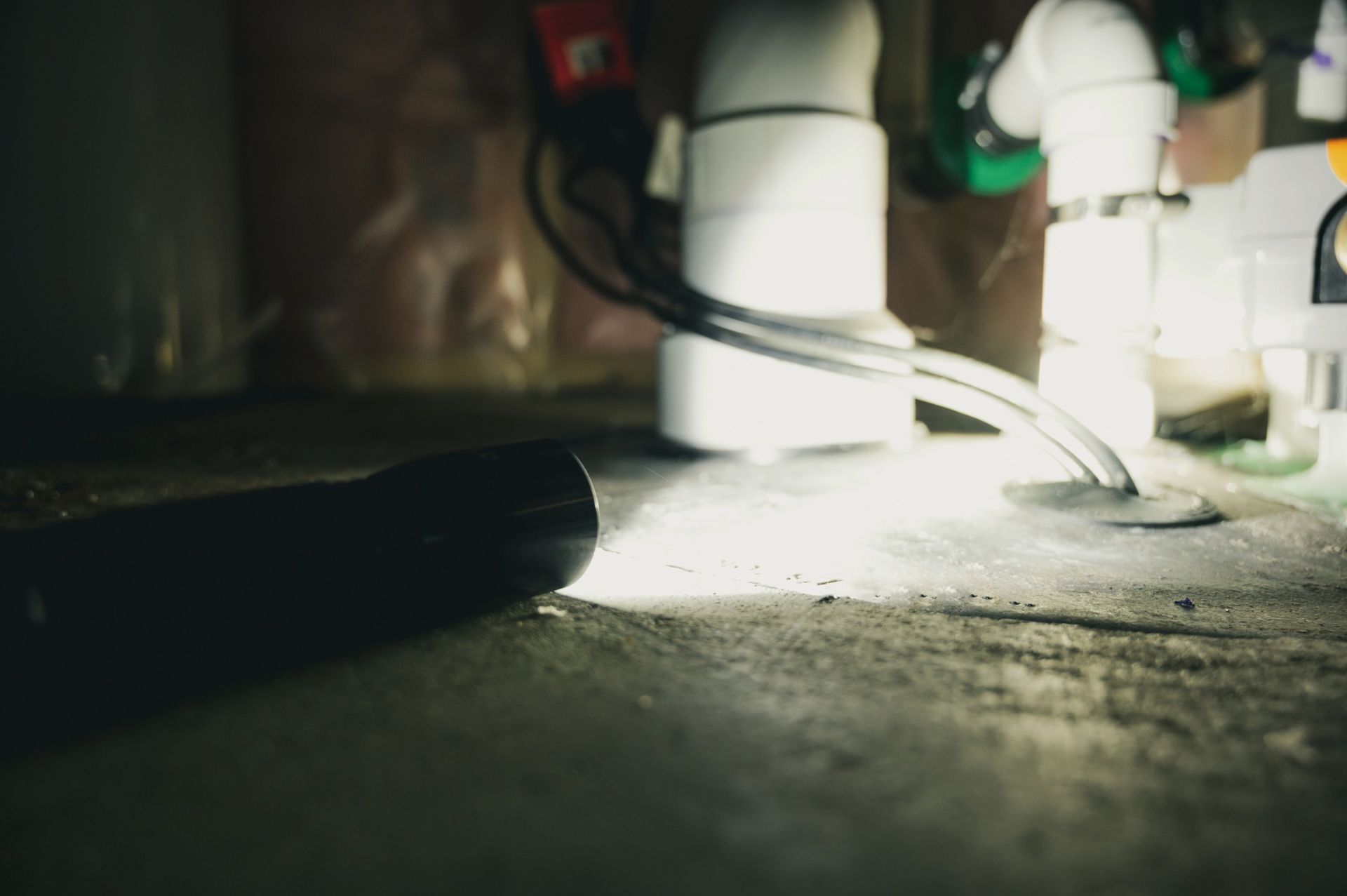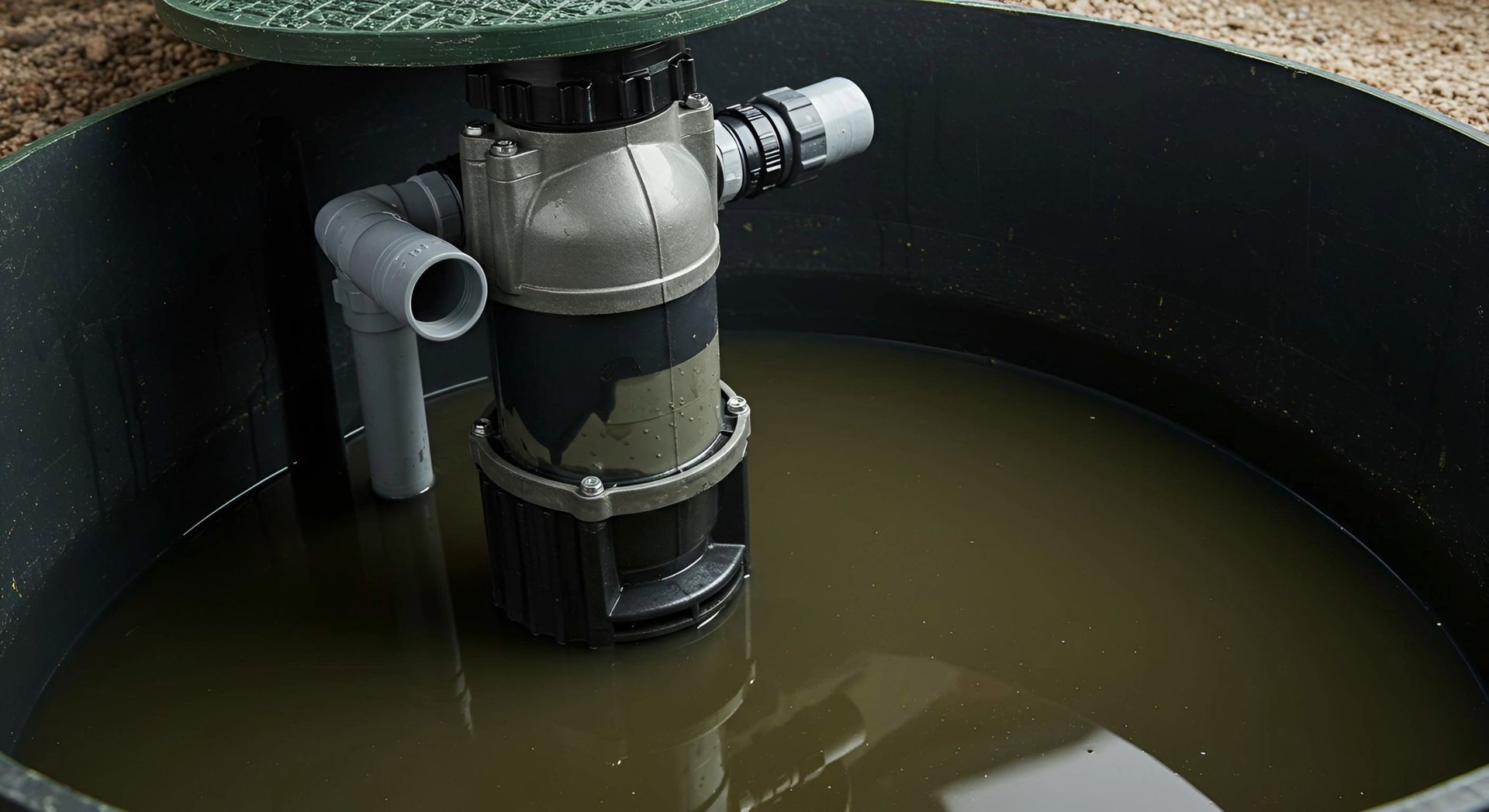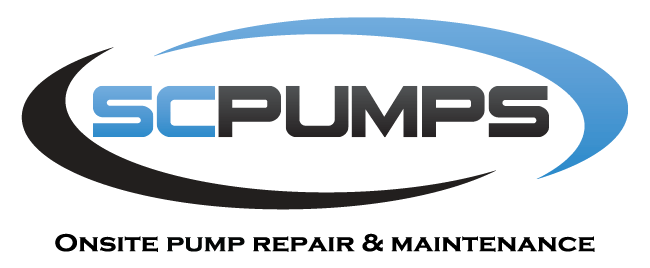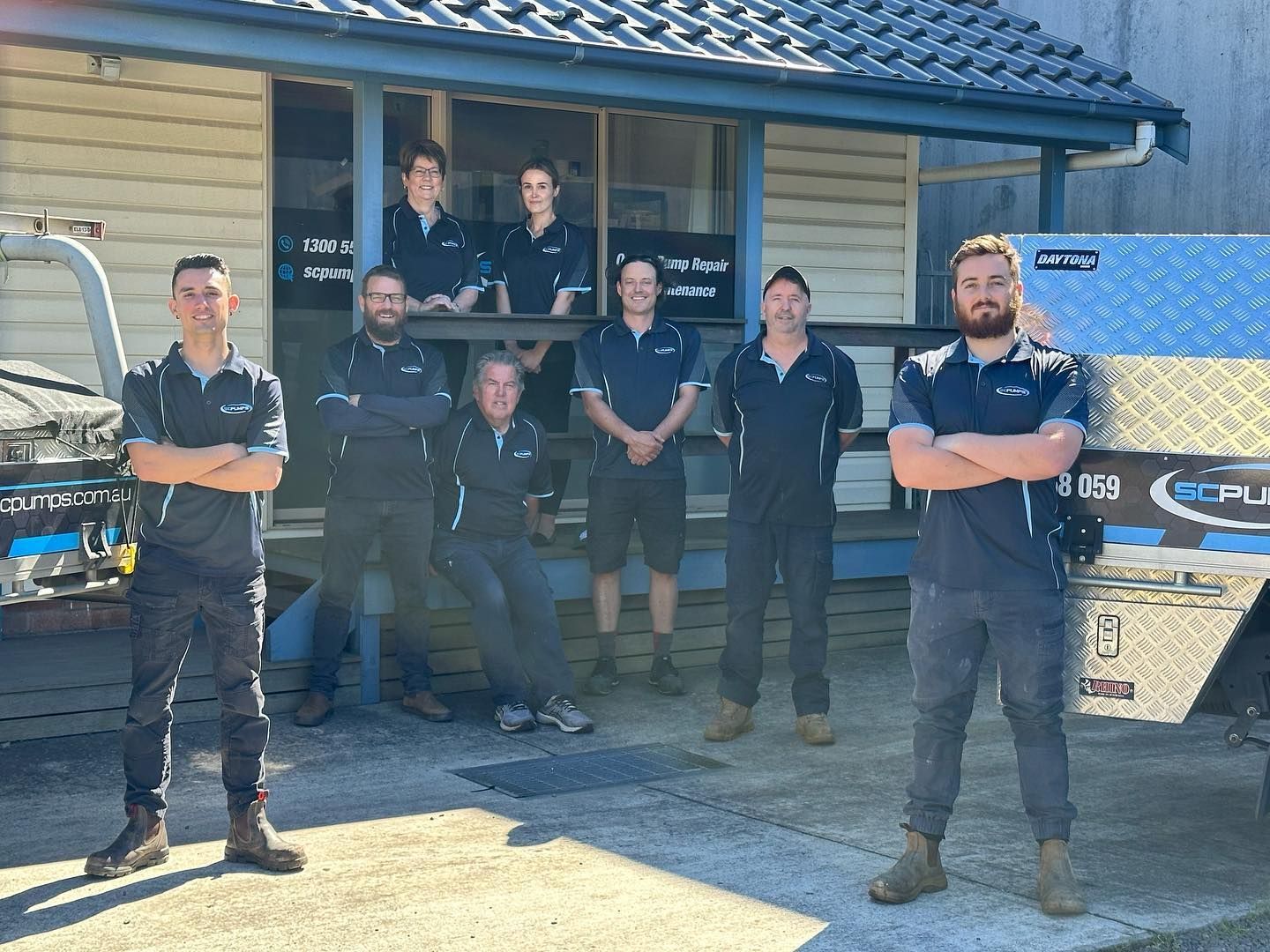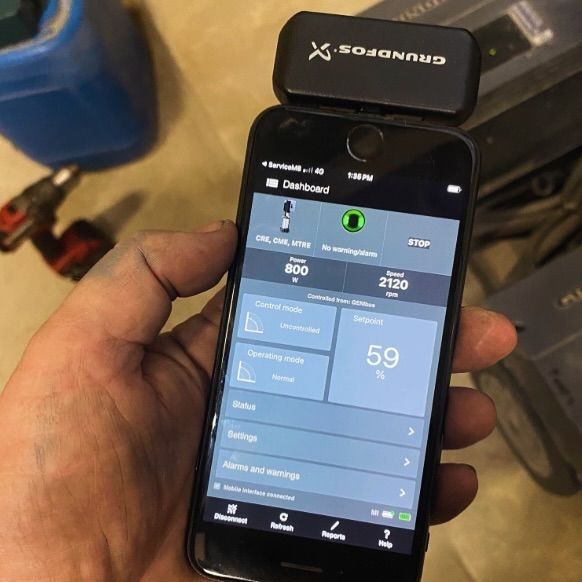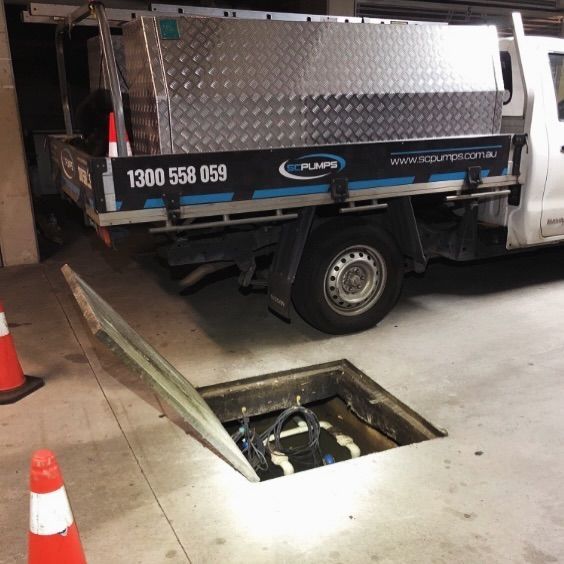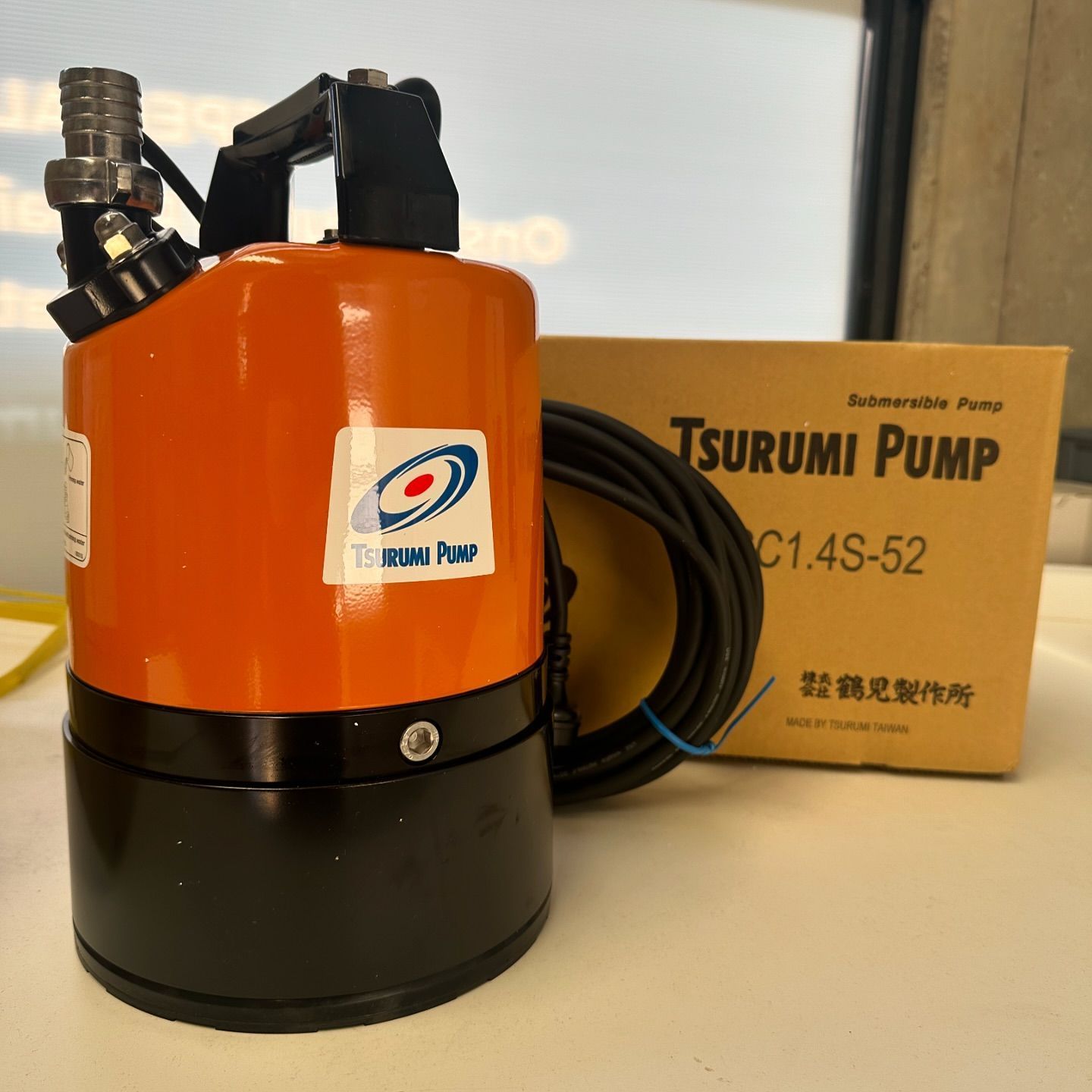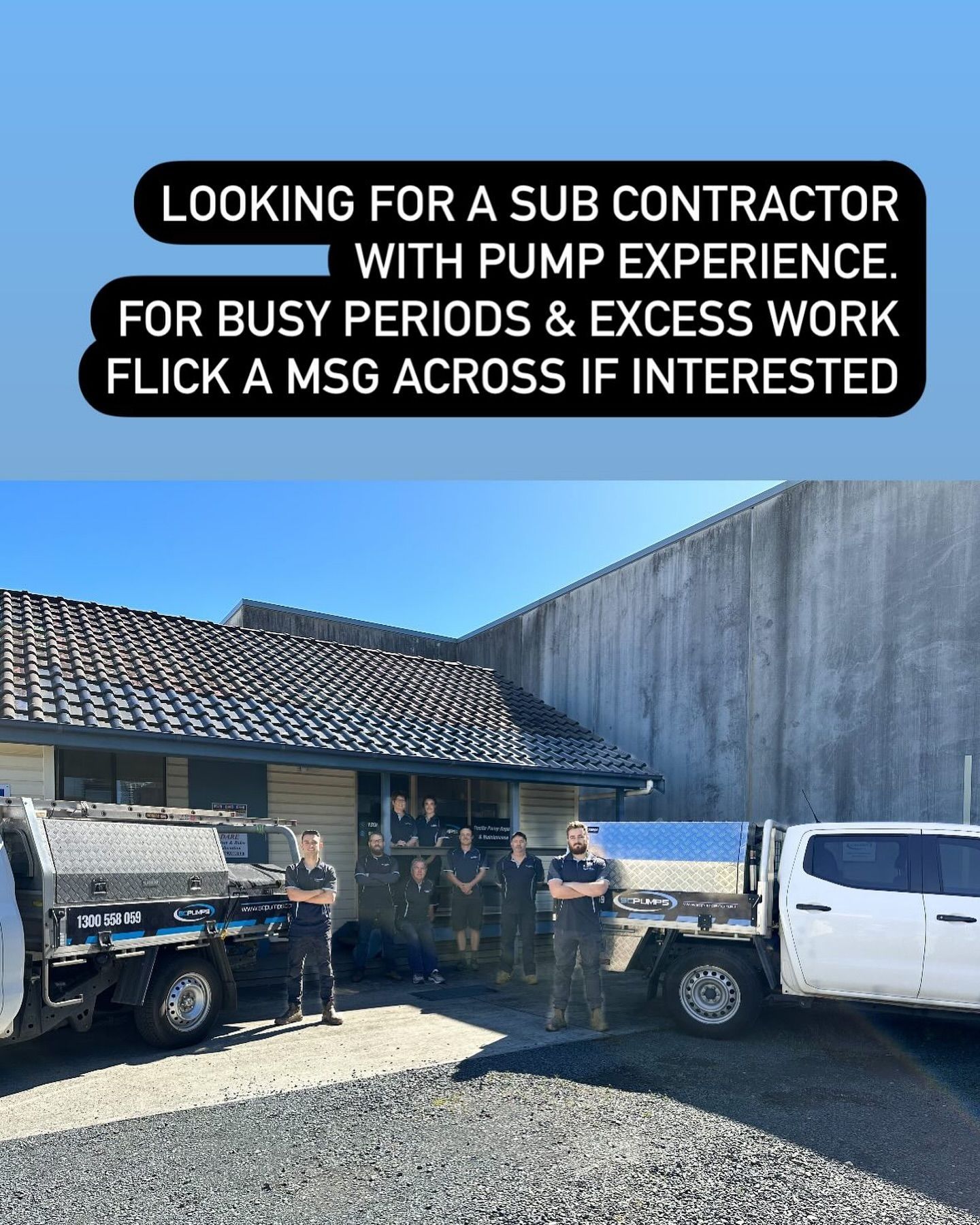Different Kinds of Water Pumps: A Deep Dive Into the Pumps Powering Sydney Properties
Water pumps do more than just move water. They keep gardens lush. Apartments pressurised. Commercial systems flowing. In a city like Sydney, with its growing population, mix of old and new infrastructure, and dense strata living, having the right pump is critical. From solar systems on outskirt properties to booster units in high-rise towers, pumps are part of daily life across the metro area.
In this article, we unpack the major types of water pumps commonly used across Sydney. We also answer questions people often ask, such as: What is the most common type of pump? Which ones run well 24/7? And what kind of pump suits your specific setup?
What Are the Different Types of Water Pumps?
There are dozens of pump varieties, but the ones listed below make up the majority of household, agricultural, and industrial installations in Australia. These can be broken into two main categories: positive displacement pumps (like diaphragm and gear pumps, as well as reciprocating pumps) and dynamic pumps (such as jet and centrifugal pumps), each operating with distinct mechanics. But for simplicity, we’ll go through the actual models that users install, buy, and rely on.
1. Centrifugal Pumps
These are arguably the most widely used water pumps in Sydney. They work by converting mechanical energy from a motor into kinetic energy via an impeller, which propels the water through the system. They are efficient, reliable, and suitable for a wide range of tasks.
Common uses:
- Irrigation systems on farms
- Residential water supply
- Dewatering and drainage
Subtypes include:
- End-suction pumps
- Multistage centrifugal pumps (for higher pressure needs)
2. Submersible Pumps
Fully sealed and meant to operate while submerged. Submersible pumps are typically housed in a specially designed pump chamber that protects the motor and components from contamination and allows for safe, continuous operation. The pump pushes water to the surface, rather than pulling it, making it more efficient at greater depths.
Applications:
- Bore water pumping
- Sump drainage
- Sewage pumping
- Deep well water supply
Benefits:
- Quiet operation
- No priming required
- Suitable for deep installations
3. Jet Pumps
Jet pumps sit above ground and draw water up using suction. They use a combination of centrifugal force and a jet mechanism to pull water from a source below.
Where you’ll see them:
- Shallow wells
- Rainwater tank systems
- Domestic garden irrigation
Jet pumps are relatively affordable and easy to maintain but lose efficiency with greater depths.
4. Pressure Booster Pumps
These pumps do exactly what the name suggests. They boost water pressure within an existing system. They are not used for drawing water but rather for enhancing flow in low-pressure zones.
Typical settings:
- High-rise apartments
- Multi-bathroom homes
- Commercial kitchens
These are especially important in areas where municipal pressure drops due to elevation or distance.
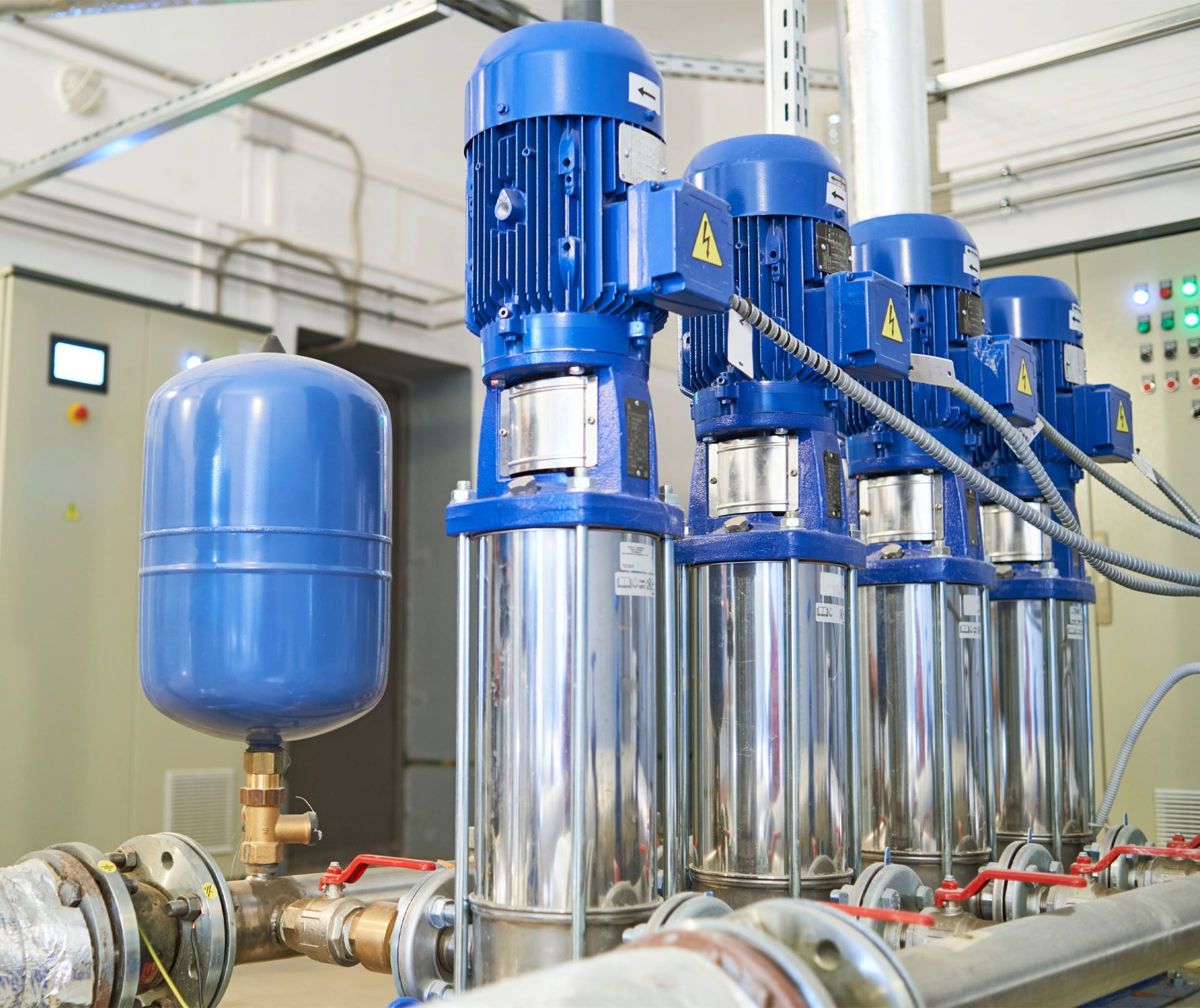
5. Solar Pumps
As sustainable tech gains ground, solar water pumps are increasingly popular across rural and remote Australia. Powered by photovoltaic panels, these pumps are often used off-grid.
They work well for:
- Livestock watering
- Irrigation in off-grid farms
- Remote tank filling
Solar pumps offer energy savings, long-term cost reductions, and are ideal where mains electricity is unavailable.
6. Diaphragm Pumps
These are a type of positive displacement pump that uses a membrane (or diaphragm) to move fluids. They are chemically resistant and can handle viscous or contaminated liquids.
Where used:
- Chemical dosing
- Greywater systems
- Septic systems
Though not common in general household use, they play an important role in wastewater management.
Another type of positive displacement pump occasionally used in industrial or dosing applications is the gear pump. Gear pumps use the meshing of gears to transfer fluid in a steady, controlled stream. While not typically chosen for standard water supply, they are highly effective when dealing with oils, additives, or water mixed with chemicals in low-volume, high-precision environments.
7. Turbine Pumps
These are vertical pumps commonly used in industrial and agricultural settings where water needs to be lifted from deep sources.
Found in:
- Irrigation bores
- Large-scale water transfer
- Municipal pumping stations
They combine high pressure with reliable volume delivery, making them perfect for demanding operations.
What Is the Most Common Type of Water Pump?
The centrifugal pump is by far one of the most commonly used water pumps across Sydney. Its design is simple, it has few moving parts, and it can be used in a broad range of domestic, rural, and commercial applications. For households, it often forms the core of a rainwater harvesting or garden irrigation system. For farms, it powers sprinkler systems and fills tanks. And for businesses, it moves water efficiently over short to medium distances.
What makes it so popular?
- Easy to install
- Low maintenance
- Inexpensive to repair
- Compatible with clean water and slightly dirty water
What Is the Best Type of Water Pump?
The term "best" can be misleading when it comes to Sydney water pumps. It isn’t about the most expensive model or the latest release. It’s about what works best for your specific situation: your water source, the distance it needs to travel, how often it's used, and what kind of pressure or fluid flow you need. Each scenario calls for a different approach, and below are some of the most common use cases paired with pump types that typically excel in those situations:
For deep wells or bore water:
If you're drawing water from a deep underground source, a submersible pump is your best bet. These units operate below the surface, pump water up with high efficiency. Unlike surface water pumps, they’re not affected by suction limitations, making them far more reliable for deep bore applications. Submersible pumps are quiet, protected from the elements, and consume less energy to lift water over long vertical distances.
For boosting water pressure in the home:
Properties experiencing weak flow at the tap or inconsistent shower performance will benefit from a pressure booster pump. These are often installed in households with multiple bathrooms, high water demand, or in locations where water pressure from the mains is low. They're compact, easy to control, and can drastically improve the user experience by delivering steady, high-pressure water to every outlet in the home.
For renewable and off-grid solutions:
If you're looking to reduce your reliance on grid electricity, especially in regional or remote areas, a solar-powered pump makes a strong case. It uses photovoltaic panels to operate and works efficiently in sun-drenched parts of the country. While it may have a higher upfront cost, long-term savings on electricity and the ability to operate in isolated locations make solar pumps a smart investment for farms, livestock watering, and remote tank filling.
For general-purpose watering and domestic use:
Tending a vegetable patch? Topping up a rainwater tank? Running a garden hose? A centrifugal or jet pump is often more than sufficient. Centrifugal pumps offer strong, even flow, while jet pumps are useful when pulling water from shallow sources like tanks or ponds. Both are popular choices for their reliability and relatively simple maintenance.
For contaminated or chemically treated water:
When dealing with water that isn’t clean, such as greywater, waste runoff, or chemically-laden liquids, a diaphragm pump is the safer choice. These pumps are built to handle thicker or abrasive fluids without damage. They also offer excellent chemical resistance, which is vital for industrial, wastewater, or septic applications.
Still not sure what suits your setup?
Choosing the best water pump isn’t something you need to guess. A qualified technician or supplier can take into account your elevation changes, required pressure, flow rate, energy source, and water quality. With professional input, you avoid mismatches that lead to performance issues, wear and tear, or wasted money.
For professional advice and solutions, contact the team at Sydney Central Pumps. We’ll help you select a system that works efficiently, lasts longer, and meets the specific demands of your site.
What Kind of Pump Can Run Continuously?
Several pumps are capable of continuous operation, but the design and maintenance of the system will dictate how well they perform long-term.
Submersible Pumps (Bore or Sump):
Submersible pumps are often rated for 24/7 operation, especially in industrial setups. They remain cool due to their immersion and can deliver steady performance if water supply is uninterrupted.
Multistage Centrifugal Pumps:
In high-demand scenarios, such as irrigation farms or commercial premises, these can be left running for extended periods without overheating, provided they are correctly sized.
Solar Pumps with Battery Backup:
When paired with energy storage, solar pumps can also run long hours, especially in daylight-intensive regions.
Considerations for Continuous Use:
- The motor should be thermally protected
- Water flow must be constant to avoid dry running
- Scheduled servicing is crucial to avoid burnout
Running a pump continuously without these checks may reduce lifespan or void warranty.
Key Factors to Consider Before Buying a Water Pump
Whether you’re replacing an old unit or installing a system from scratch, consider the following:
1. Source of water: Bore, tank, dam, or mains
2. Depth to water: Impacts suction capability
3. Distance and height to pump: Affects pressure loss
4. Flow rate needs: Required flow rate in litres per minute
5. Pressure requirements: For showers, sprinklers, or taps
6. Power supply: Electric, petrol, or solar
7. Noise level: Important in residential zones
Final Thoughts
Choosing a water pump isn’t just about specs. It’s about performance. Longevity. How well it suits your property in Sydney’s conditions.
What works in the Northern Beaches might not suit the Blue Mountains. Urban blocks, bushland properties, coastal homes, each has different water demands.
Centrifugal pumps are common across households. Submersible pumps handle depth well. Booster units help in homes with frustratingly low water pressure. Solar pumps? Great for those running tanks or living further from town mains.
Think of it this way:
Watering a backyard in the suburbs? Go for something compact and efficient. Managing a semi-rural block in the outskirts? Submersible or solar might be best. Dealing with poor pressure in your home? A booster unit can make all the difference.
Pick the right pump for your setup, and the rest flows easily.
Need help choosing the right pump?
Call Sydney Central Pumps on 1300 558 059 or request a quick quote. We supply, install, and maintain pumps that Sydney trusts, for homes, strata, and commercial sites.

